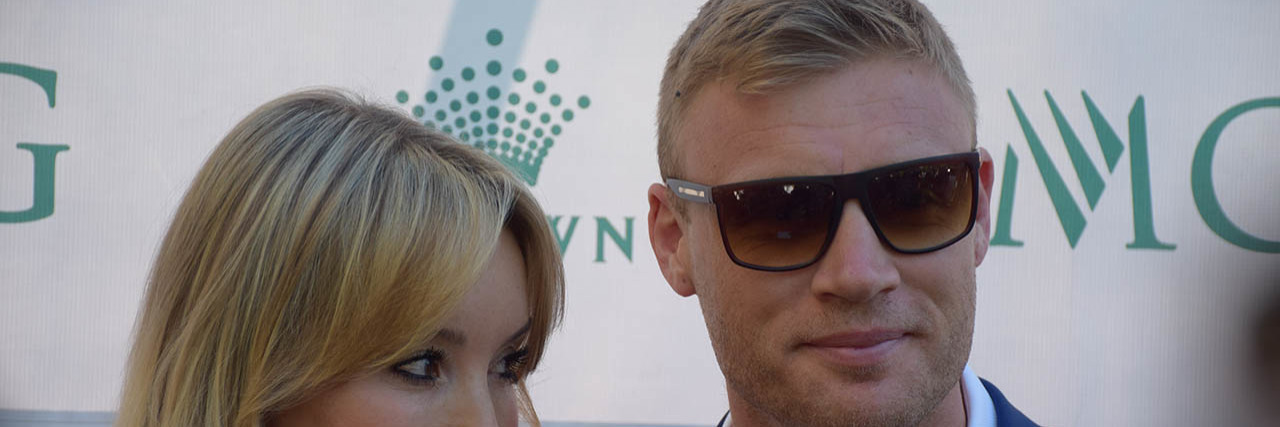'Top Gear' Host Freddie Flintoff to Tackle Male Eating Disorders in New Documentary
Editor's Note
If you live with an eating disorder, the following post could be potentially triggering. You can contact the Crisis Text Line by texting “NEDA” to 741741.
British “Top Gear” host Andrew “Freddie” Flintoff is ready to shed light on what it’s like for men living with eating disorders in a new BBC One documentary that focuses on his personal experience.
Flintoff, also a former cricket player, first revealed his struggle with bulimia in 2014. The athlete felt like he was falling behind in hitting his fitness goals for the sport, and that’s when he turned to what seemed like a “quick fix” at the time. Flintoff said the unhealthy eating habits took on a life of their own and he struggled with bulimia throughout his cricket career.
In a documentary for BBC One with the working title “Freddie Flintoff on Bulimia,” Flintoff will explore what it’s like for men living with an eating disorder. For males, one reason they don’t get the help they need is because people still think eating disorders only impact women. Flintoff shared how this played out for him during his cricket career.
“A dietician came in to speak to the team,” Flintoff said in 2017, according to Hello! “She was going through diets and then she mentioned eating disorders. Then I thought, ‘Here’s my chance now, I’m going to pipe up.’ And then she said, ‘Well I can’t imagine there’s any of that in here,’ so I kept my mouth shut.”
An estimated 25% of those struggling with eating disorders in the U.K. are male, and the percentage is higher among athletes. According to the BBC, only about 10% of males seek treatment for their eating disorder. While Flintoff said he still struggles, he started on the path to recovery once he opened up to his wife about his bulimia during a fancy dinner.
“It was at that point I thought I’d say something,” Flintoff said. “She could see something wasn’t right. Once I told her, it was the first part in being able to speak about it and ultimately stop.”
The airdate for the 60-minute BBC One documentary has yet to be announced. But Flintoff and the BBC hope it opens a door for men to speak more openly after eating disorders and mental health.
“I hope this film will raise awareness about a subject that is all too often a taboo and make a difference to the way men talk about mental health,” Charlotte Moore, director of BBC content, said in a press release.
Flintoff added, “If this resonates with one person watching, or through this we can show someone that there is help out there, then this is worth doing.”
Image via Creative Commons/Tourism Victoria from Australia

